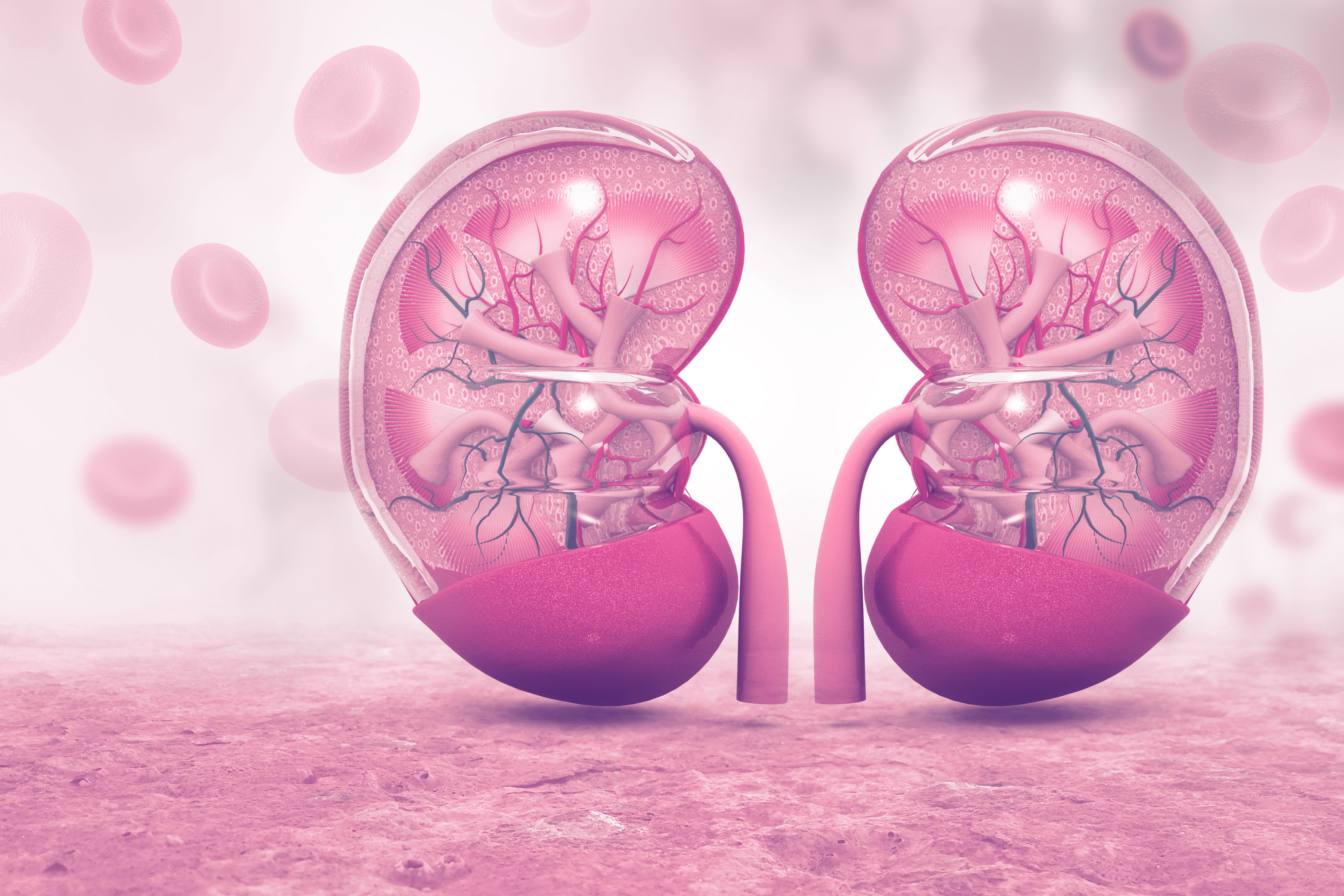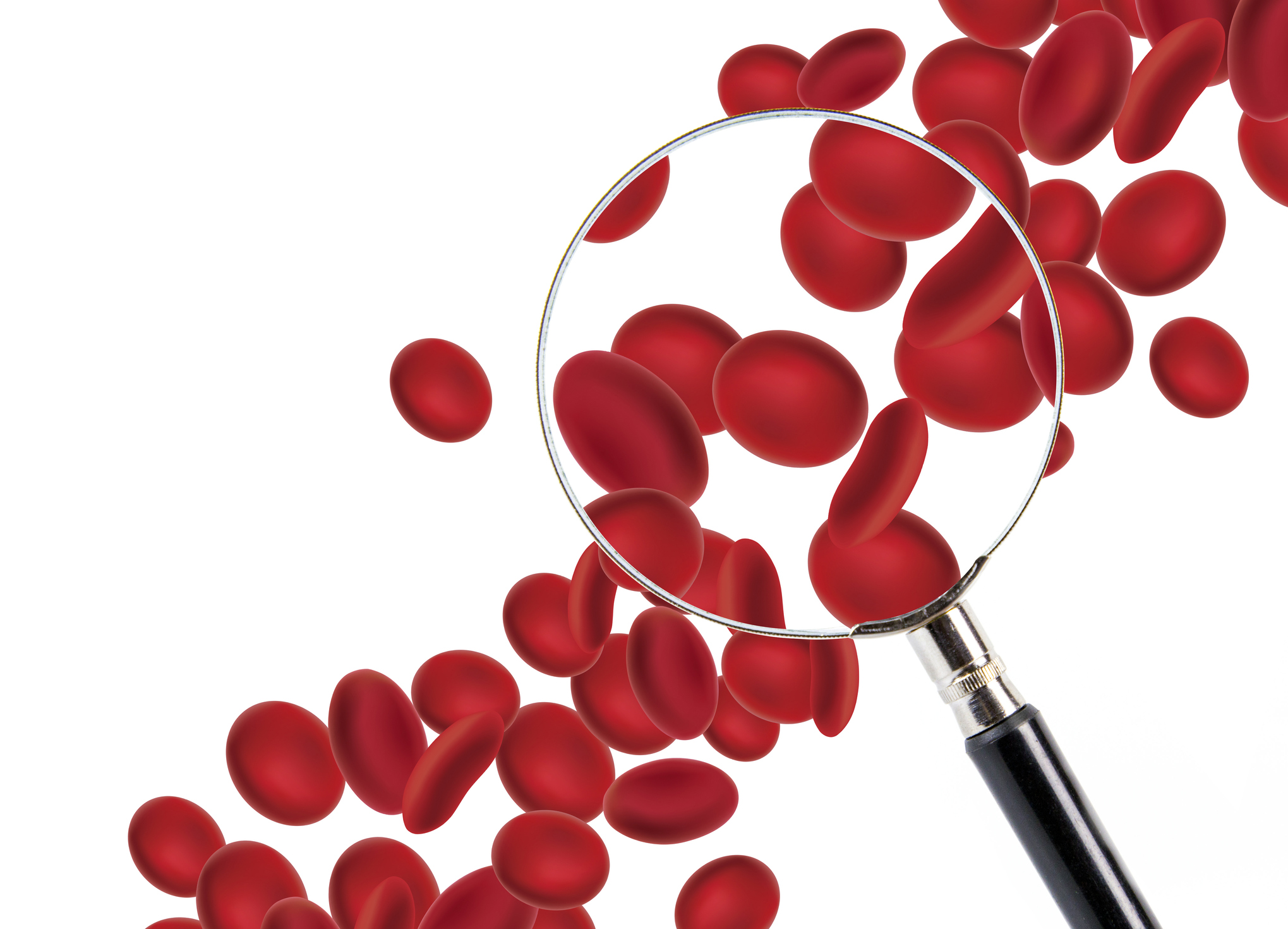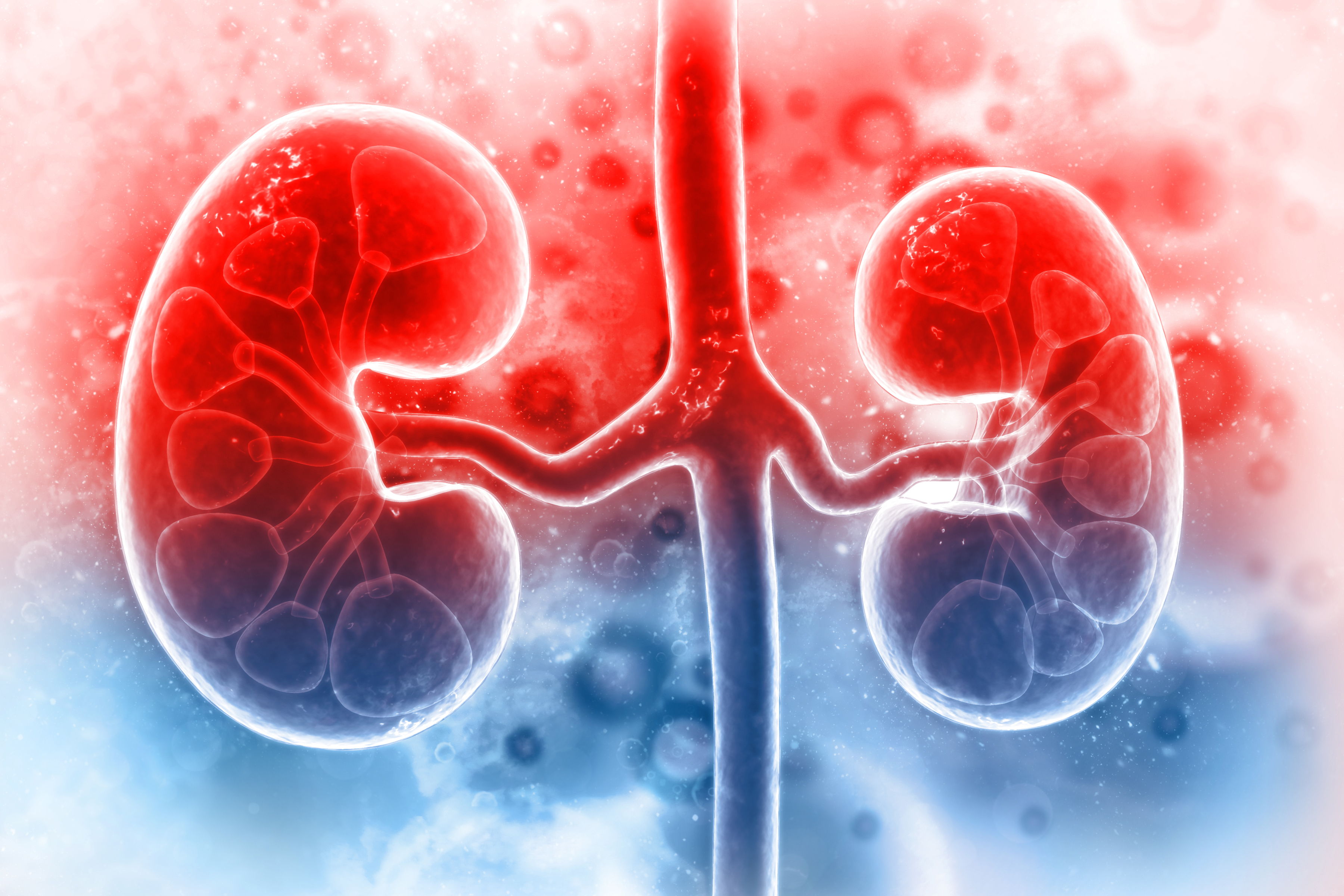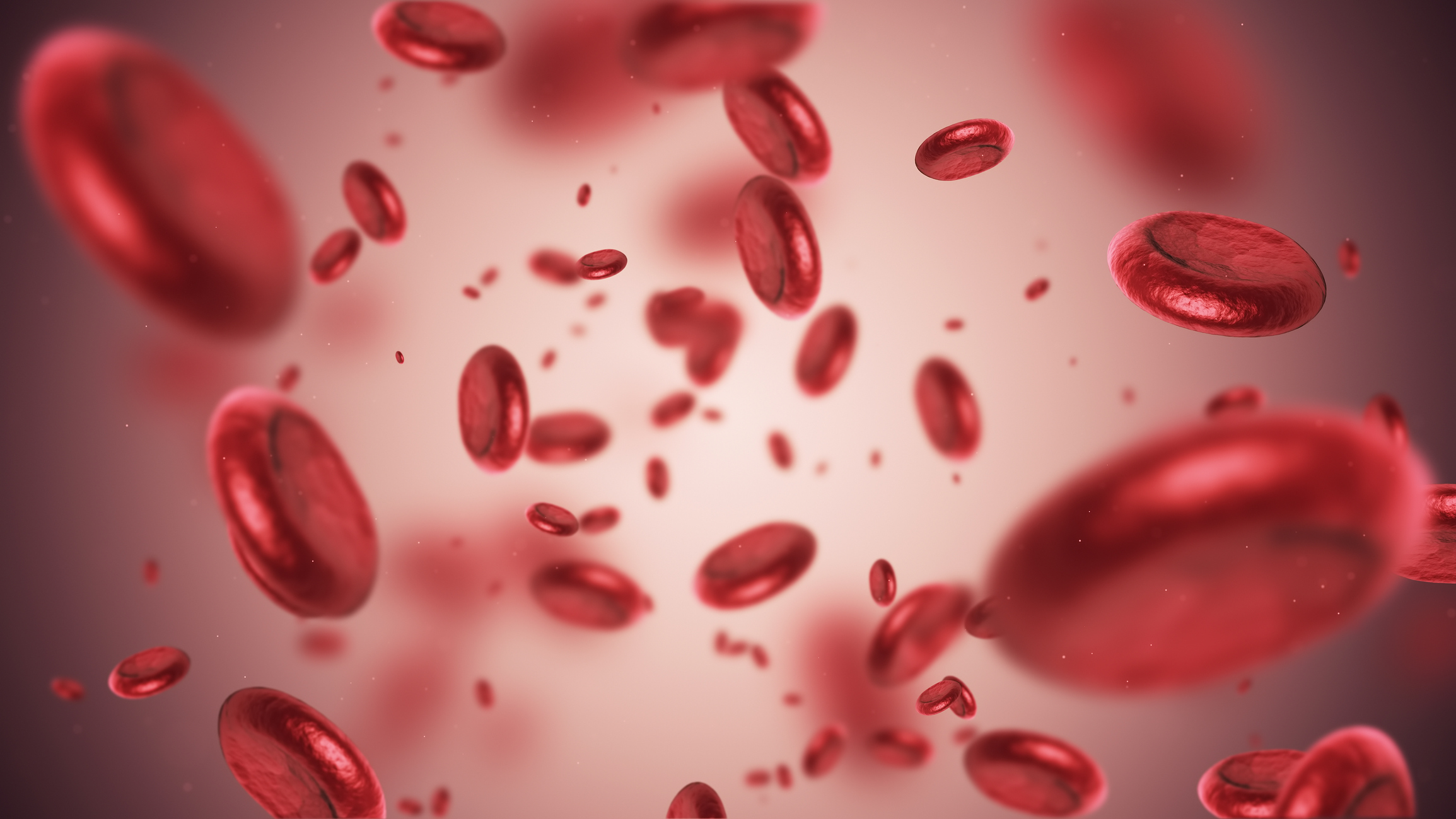Low Blood Pressure – Hypotension
By Dewayne Hasten, DPC Patient Ambassador, Hemodialysis Patient and Biomedical EngineerPatient to Patient: Low Blood Pressure (Hypotension) During Dialysis TreatmentsProtecting your accessYou are a hemodialysis patient, and you know the score. You arrive at the clinic for your treatment and go right to the scale, weigh yourself, and head to your chair. There are the usual pleasantries, the questions about your health since your last treatment, and your vital signs are checked.The nurse or technician then straps the blood pressure cuff on your arm and you hear the monitor start. You feel the cuff around your arm start to inflate. You [...]






